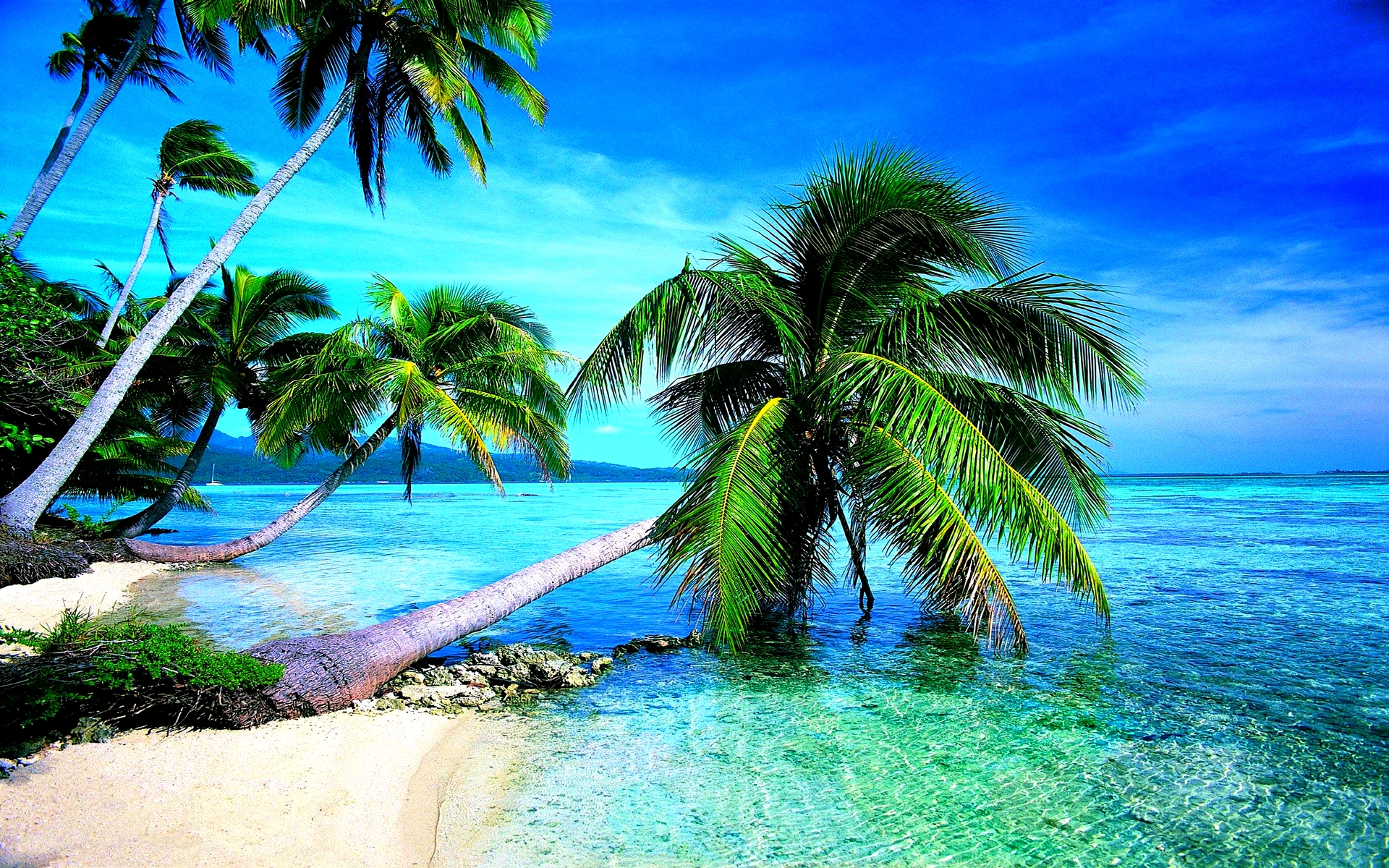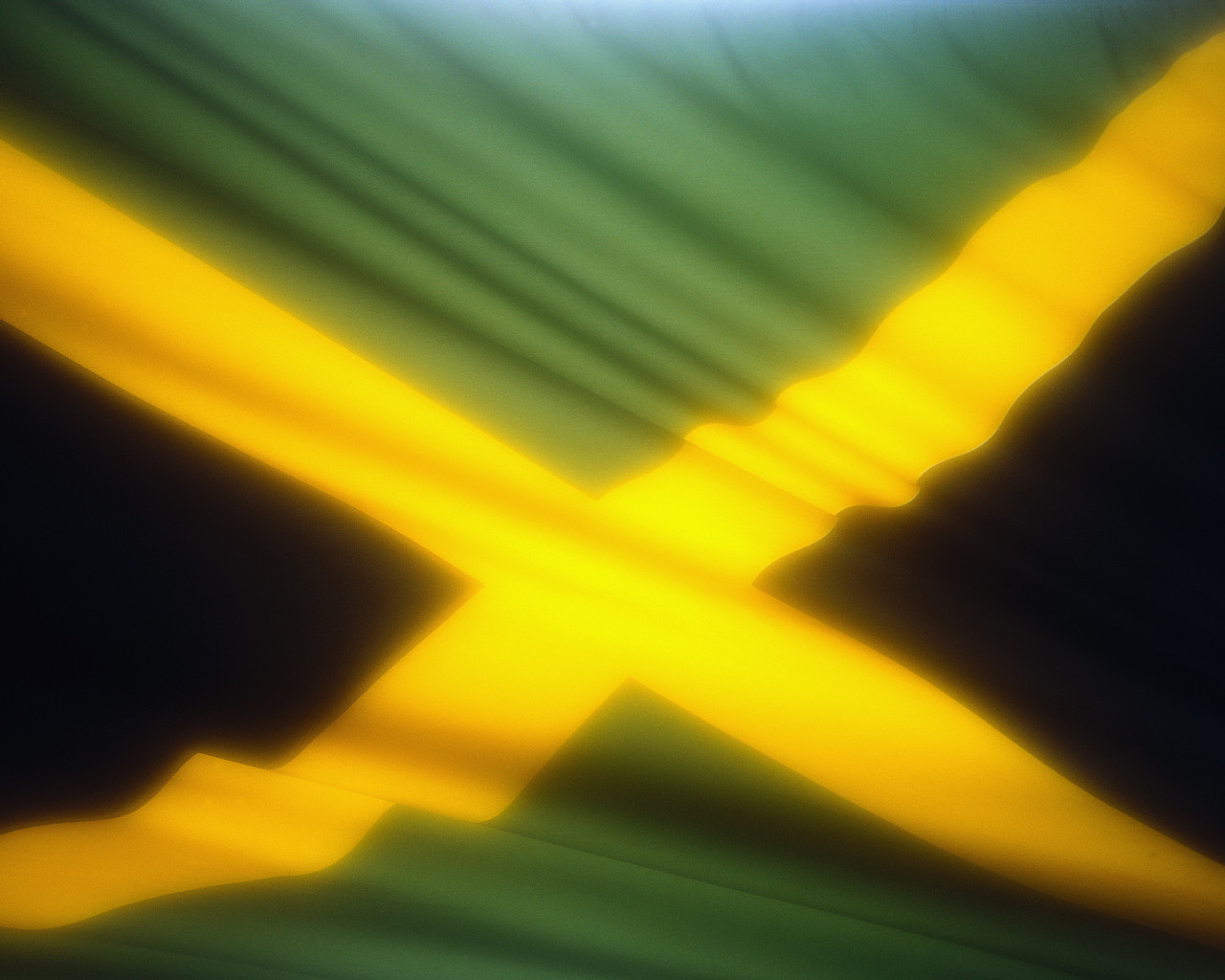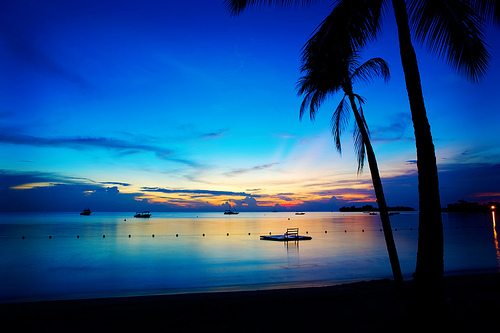Culture and Society
Marriage, Family, and Kinship
In Jamaica, there are two types of marriage patterns: the legally recognized and socially preferred Western-style monogamous union and the so called consensual union. The selection of a spouse is made by individual choice, but in more traditional communities, the approval of parents and close relatives is usually sought. Traditionally, among African Jamaicans there has been a link between socioeconomic status and type of marriage, with the consensual union associated with the rural and urban poor, whereas the legal union is associated with economically stable, landholding peasants, coupled with middle and upper classes.
Etiquette
Politeness and courtesy are highly valued aspects of being raised as a good citizen. They are expressed through greetings and a token of appreciation, especially from the young to their elders. A child is never expected to talk back to parents or elders in general. Men are expected to open doors for women and help with or perform heavy tasks. Women, on the other hand, are expected to "serve" men in a domestic context and, in more traditional settings, to give the adult males and guests the best part of a meal for good impression.
Socialization
Firm discipline underlies child care until a child leaves home and/or becomes a parent. The mother is central, but all members of the household and other close kin have some responsibility in rearing the child. According to traditions, the behavior of the pregnant mother influences what the child will become. Children are said to "take after" a parent or to be influenced by "the devil" or the spirits of the ancestors. Children are given progressively demanding responsibilities from the age of five or six. For poor parents in all ethnic groups, the single most important way out of poverty is providing education for their kids. In more traditional settings, the child is "pushed" by the entire family and even the community.
Food
A "country" morning meal, called "drinking tea," includes boiled bananas or roasted breadfruit, sautéed callaloo with "saal fish" (salted cod), and "bush" (herbal) or "chaklit" (chocolate) tea. Afro-Jamaicans eat a mid-afternoon lunch as the main meal of the day. This is followed by a light meal of bread, fried plantains, or fried dumplings and a hot drink early in the evening. A more rigid work schedule has forced changes, and now the main meal is taken in the evening. This meal may consist of stewed or roasted beef, boiled yam or plantains, rice and peas, or rice with fried fish.
Race
Rice is a ubiquitous ceremonial food. Along with "ground provisions" such as sweet potato, yam, and green plantains, it is used in African and East Indian ceremonies. It is also served with curried goat meat as the main meal at parties, dances, weddings, and funerals. Sacrificially slaughtered animals and birds are eaten in a ritual context. Several African-religious sects use goats for sacrifice, and in Kumina, an Afro-religious practice, goat blood is mixed with rum and drunk.
Gender Roles and Statutes
Men are still seen as the predominant figure in the government, businesses, international associations, higher education, and European-derived religions. They are also involved in physical labor and agriculture. Women are primarily attached to paid and non -paid household labor and domestic activities, formal and informal retail trades, basic and primary education, clerical and administrative jobs, and social welfare.
To this point, traditionally, a woman's place is in the home and women receive less compensation than men. The appropriate place for men is outside their home ( agriculture, business, government, or recreation) - these are the places they normally belong to. This attitude is in the process of changing.
Tourism
Disadvantages |
Advantages |
|
|


